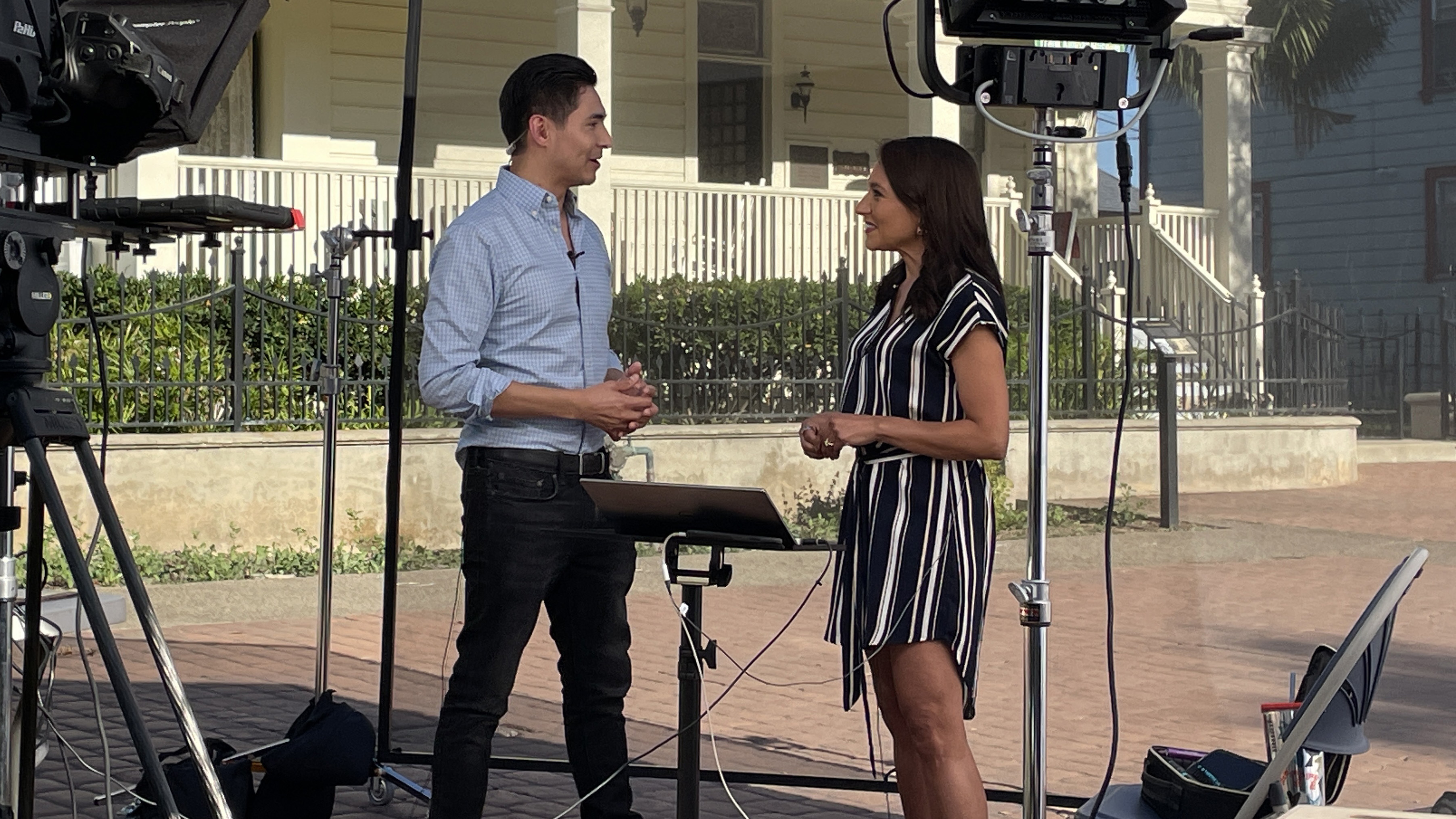Medical professionals shouldered a tremendous burden throughout the COVID-19 pandemic, holding steady on the front lines and finding new ways to treat surges of sick people with limited capacity and staffing.
Through it all, our healthcare system changed in ways that will carry into the future.
"COVID has completely changed the way we deliver healthcare,” said Dr. Abisola Olulade, Chief Impact Officer for Sharp Rees-Steely Family Medicine.
Some of the change was good, like the shift to telemedicine, said Dr. Olulade.
Get San Diego local news, weather forecasts, sports and lifestyle stories to your inbox. Sign up for NBC San Diego newsletters.
“Telemedicine has been accelerated by a decade, at least, by COVID,” she said.
Dr. Olulade told NBC 7 that doctors used to resist telemedicine, thinking they had to see patients in person. Not anymore.
“It’s extremely crucial that we make telemedicine a reality for everyone because it’s so much easier. It has also led to a decrease in the utilization of services, so when we have decreased staffing, which we are seeing, you can use telemedicine because you don’t need that many people," Olulade said.
Local
The pandemic also created the need for more mental health services, and a lot of psychiatric services are now delivered through telemedicine, she added.
COVID forced medical professionals to think out of the box and do things they’d never imagined, like treating patients in tents and learning to be more flexible when allocating resources to get people the care they need.
Testing has gotten better, and like with telemedicine, it allows patients to find out their results without ever leaving home. Olulade called at-home testing for flu and COVID a game changer, and she noted insurance companies are now more willing to pay for those tests.
One of the long-lasting bad effects of the pandemic is healthcare worker burnout. Nurses are walking away from their careers because they’ve been overworked.
“There are staffing issues that are persisting and they are going to persist, very unfortunately, possibly for decades to come,” said Olulade. “It’s an issue that’s going to have to be addressed.”
There is also a concern about patients delaying medical care during the pandemic which leads to new heavy workloads for medical staffers as they try to keep up.
Dr. Olulade said medical professionals need to continue to look for ways to handle the next pandemic, if and when it arrives.
“There is a fear that if there is another pandemic that a lot of the things that existed and caused issues, they’re still there. In terms of the infrastructure not being there to accommodate a surge, and again, staffing. We’ve talked about this, so there is a fear that we’re not prepared for this the next time around and that we really need to focus on that moving forward," Olulade said.



